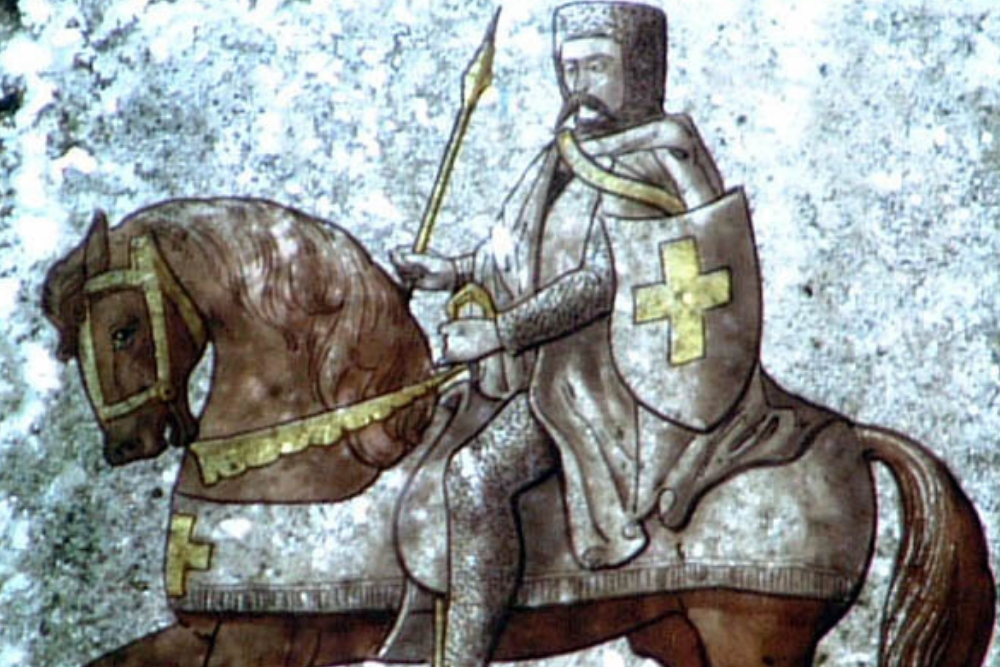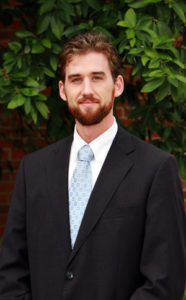
Classical folks like to use fancy words that are often misunderstood. Some of our words may sound a little goofy in our contemporary culture, but are important to understanding the character traits we are trying to form in our children.
The word “virtue” is often tossed about but what does it really mean? The answer has a lot to do with the way we raise and educate our children. It involves both parents and teachers and is crucial to forming things like justice and hope in the next generation. Listen in…
 Keith Buhler is a full-time teacher at a Trinity Classical Academy in California. Before that, he taught philosophy at Asbury University and the University of Kentucky.
Keith Buhler is a full-time teacher at a Trinity Classical Academy in California. Before that, he taught philosophy at Asbury University and the University of Kentucky.
Dr. Buhler holds a Ph.D. in philosophy from the University of Kentucky, an M.A. in Applied Orthodox Theology from the University of Balamand, and a B.A. in Humanities from Biola University and the Torrey Honors Institute.
His first book is a Platonic dialogue consisting of of various Christians discussing Scripture and Tradition.
His philosophy dissertation is a book-length defense of a contemporary form of Aristotle’s virtue ethics that is (arguably!) compatible with some versions of scientific naturalism. It is titled Becoming What We Are.
Keith’s non-fiction writing focuses on topics such as education, culture, and theology and have been published in a variety of venues such as Wheatstone Academy’s The Examined Life, the Word magazine, and MereOrthodoxy.com.
